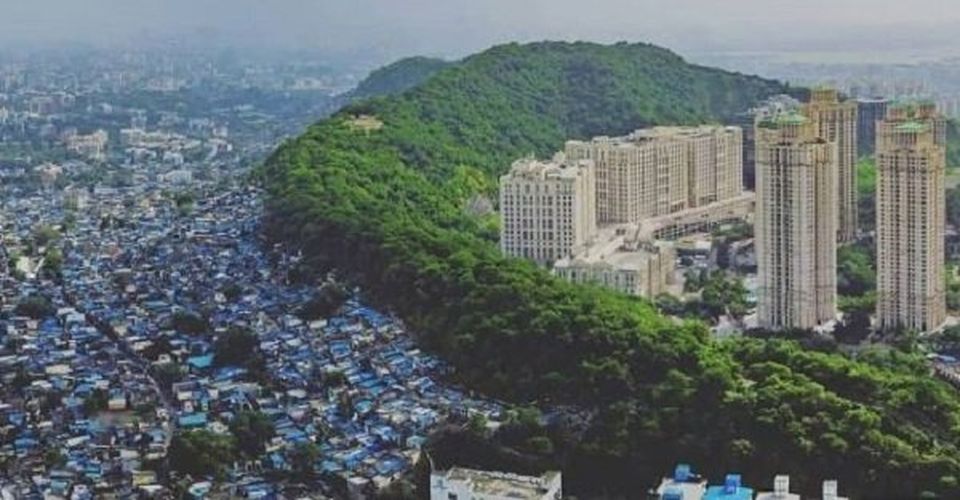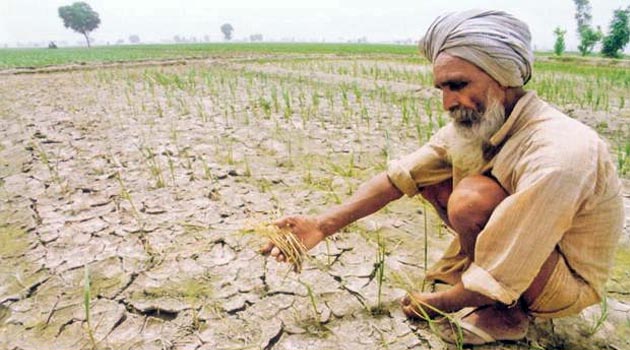
Biodiversity loss – such as the destruction of mangrove forests in coastal areas around Asia – can reduce ecosystem’s ability to buffer these events, and in turn increase community vulnerability to these disasters and erode their right to a healthy environment.
- 225.3 million people in Asia-Pacific were displaced between 2010-2021 due to natural disasters
- 95% of which were weather-related displacements
- 80% were due to floods and storms
USD
5500000000000
(5.5 TRILLION)





